Central America
Honduras : l’ONU appelle à garantir les droits territoriaux des peuples autochtones
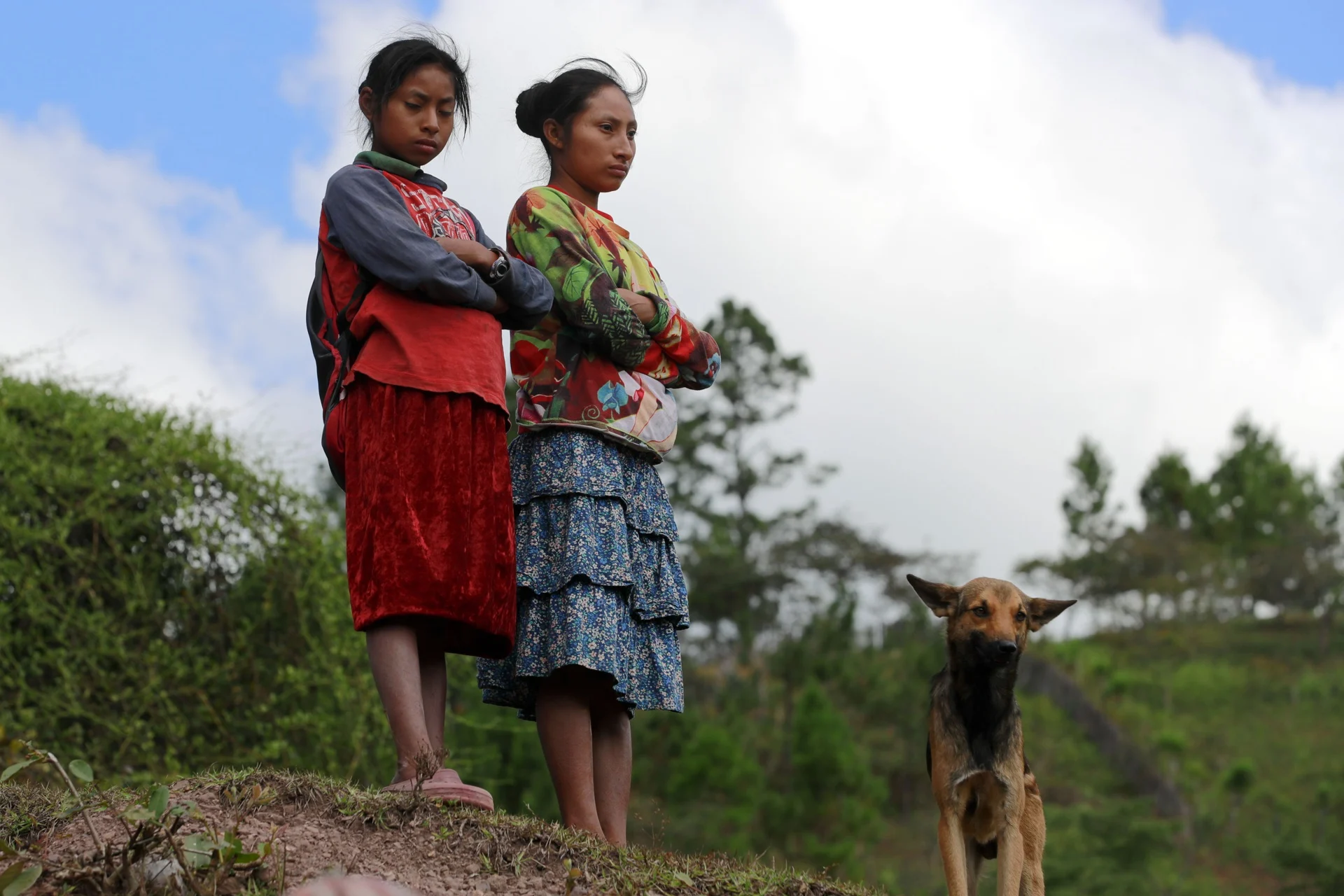
Le Bureau du Haut-Commissariat des Nations Unies aux droits de l’homme au Honduras (OACNUDH) a exhorté samedi l’État à garantir, sans discrimination, le droit au territoire et à la consultation préalable, libre et éclairée pour les peuples autochtones, conformément aux normes internationales.
À l’occasion de la Journée internationale des peuples autochtones, célébrée ce samedi, l’OACNUDH a averti que les communautés autochtones du Honduras font face à « despoliation territoriale, absence de reconnaissance juridique de leurs terres, atteinte aux biens communs et aux ressources naturelles, criminalisation et obstacles à l’accès à la justice », ce qui les expose à « des situations de violence ».
L’organisme onusien a rappelé, dans un communiqué, que ces communautés sont titulaires de droits reconnus par des instruments internationaux tels que la Convention n° 169 de l’Organisation internationale du Travail (OIT) et la Déclaration des Nations Unies sur les droits des peuples autochtones. Parmi ces droits figurent l’accès au territoire, la participation et la consultation préalable, libre et éclairée, qui doivent être garantis sans aucune forme de discrimination, a-t-il souligné.
Tout en reconnaissant certains progrès de l’État dans la protection des droits des peuples autochtones, l’OACNUDH a relevé la nécessité persistante de mettre en œuvre une approche globale visant à éliminer les pratiques discriminatoires qui entraînent la perte de terres, les conflits, la violence, la criminalisation et un accès limité à la justice avec une approche différenciée.
Il a également appelé l’État du Honduras à promouvoir et à renforcer les cadres institutionnels, juridiques et de politiques publiques afin d’assurer l’accès aux territoires, la protection des ressources naturelles et le respect des droits à la participation, à l’autodétermination, à la consultation et au consentement préalable, libre et éclairé.
En outre, l’OACNUDH a exhorté à éliminer les pratiques impliquant un usage abusif du droit pénal, lesquelles peuvent constituer des formes de discrimination et de racisme.
Central America
Nicaragua’s Telica volcano erupts four times, no damages reported
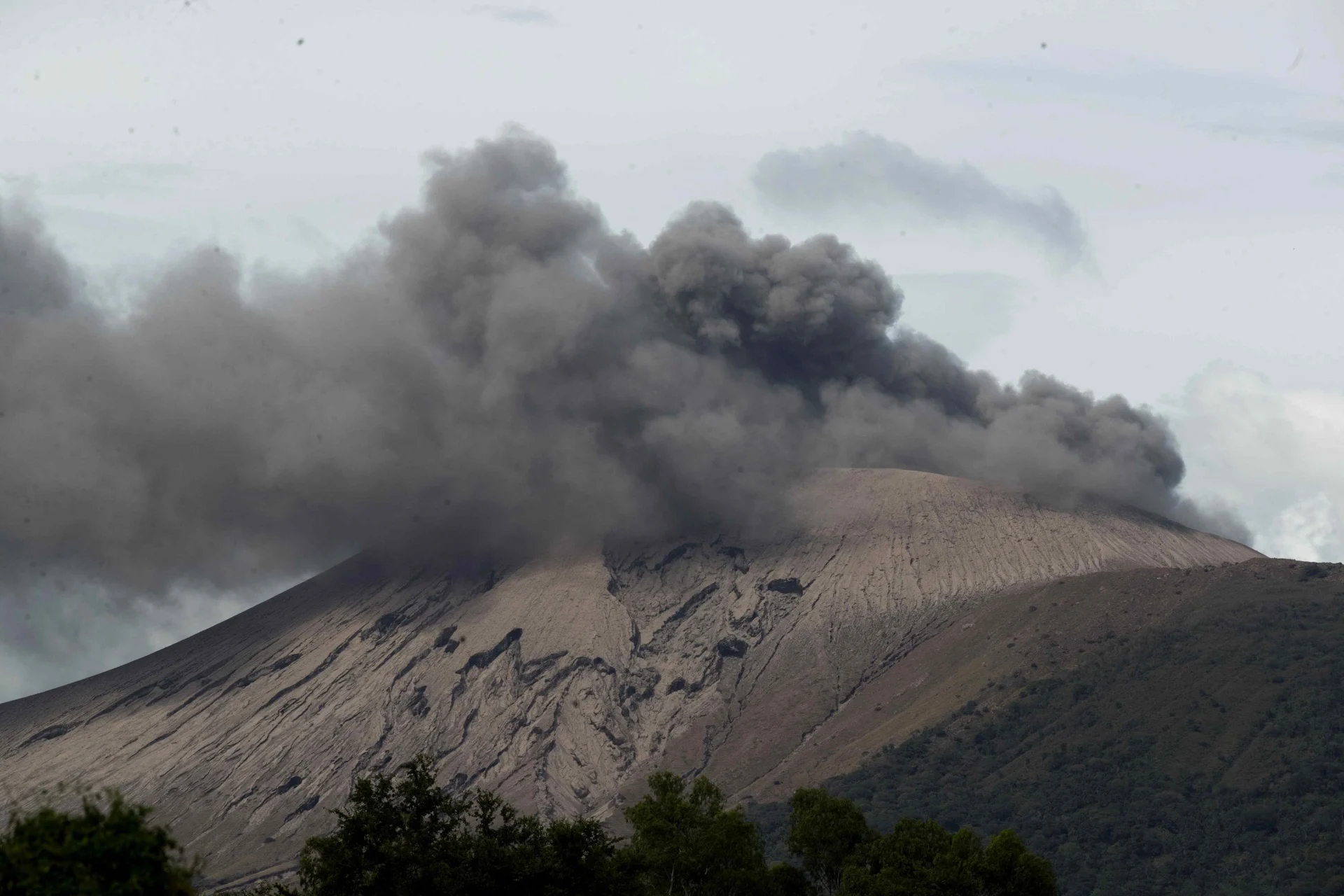
The Nicaraguan volcano Telica, standing 1,061 meters tall and located 112 kilometers northwest of Managua, registered four explosions this Friday, ejecting gases and ash. So far, no damages or casualties have been reported, authorities said.
“This morning, the Telica volcano registered its fourth explosion, this time with ballistics (small rocks expelled at high speed from the crater due to the explosions), followed by the release of gases and ash,” the Telica Municipality said on its social media, sharing photos of the active volcano.
Local authorities estimated that the ash column rose about 600 meters above the Telica crater and quickly dispersed toward the southwest.
“Monitoring was conducted in communities near the volcano, and no presence of ash was detected,” the Telica Municipality added, stating it will continue to watch the volcano’s activity.
Nicaraguan authorities usually recommend remaining calm and taking appropriate precautionary measures when volcanic activity occurs.
Telica is one of Nicaragua’s most active volcanoes, located in the country’s western volcanic belt, which is part of the so-called “Pacific Ring of Fire,” the most geologically active zone on Earth that spans dozens of countries in the Americas and Asia.
The volcano is part of Nicaragua’s volcanic mountain range, which has at least ten active craters and dozens of cone-shaped formations related to local volcanic activity.
Central America
Four honduran presidential candidates sign anti-corruption pact ahead of 2025 elections
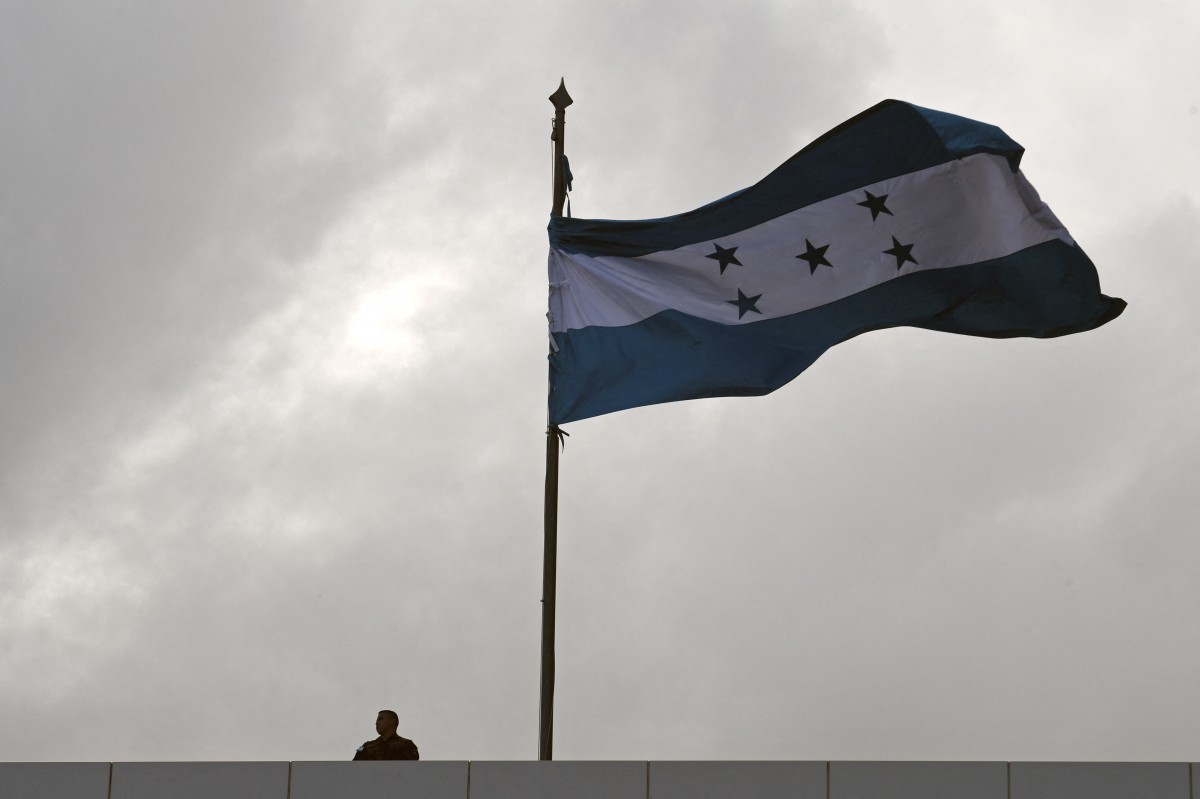
In a key step toward the November 2025 general elections, four presidential candidates in Honduras signed an agreement on Tuesday pledging to advance a national anti-corruption agenda. The commitments include creating an international commission, reinstating the extradition treaty with the United States, and implementing a comprehensive system for corruption prevention.
The only candidate who did not sign the declaration was Rixi Moncada of the ruling Liberty and Refoundation Party (Libre). In contrast, the pact was endorsed by Nasry Asfura (National Party), Salvador Nasralla (Liberal Party), Mario Rivera (Christian Democracy), and Nelson Ávila (PINU-SD). The initiative was spearheaded by the National Anti-Corruption Council (CNA) under the slogan “Honduras First: A Promise That Must Be Kept, A Duty That Must Be Fulfilled.”
During the event, Liberal Party candidate Salvador Nasralla vowed to establish the International Commission Against Corruption and Impunity in Honduras (CICIH) within his first year in office, ensuring its autonomy and independence. “Honduras loses 100 billion lempiras —$3.81 billion— each year to theft. A single administration can steal up to $15.25 billion. I will put a stop to that,” Nasralla declared.
Mario Rivera of the Christian Democracy Party described the declaration as a “moral pact” and a “declaration of war against the corrupt and shameless individuals who have looted the country.” Nelson Ávila of PINU-SD called for the creation of a national unity government and warned against imposing “dictatorial or exclusionary attitudes.”
The agreement also calls for reactivating the extradition treaty with the U.S., currently suspended, as a key tool in combating drug trafficking and transnational organized crime. It further proposes a national anti-corruption strategy embedded in the state’s structural design, with concrete actions aimed at strengthening transparency and accountability.
CNA Director Gabriela Castellanos described the commitment as a “turning point,” stressing that the next administration “will have no margin for error or indifference.” She emphasized that leading Honduras will require “moral courage to dismantle power networks that perpetuate looting and impunity,” beyond mere technical capacity.
“The anti-corruption discourse cannot be an excuse for inefficiency in governance,” Castellanos warned, adding that the CNA will continue to expose and monitor “the looting of public resources” with names, faces, and figures.
In the November general elections, Hondurans will elect a president, three vice presidents, 128 members of Congress, 20 representatives to the Central American Parliament, and 298 municipal mayors.
Central America
Costa Rica faces historic vote on lifting presidential immunity for Rodrigo Chaves
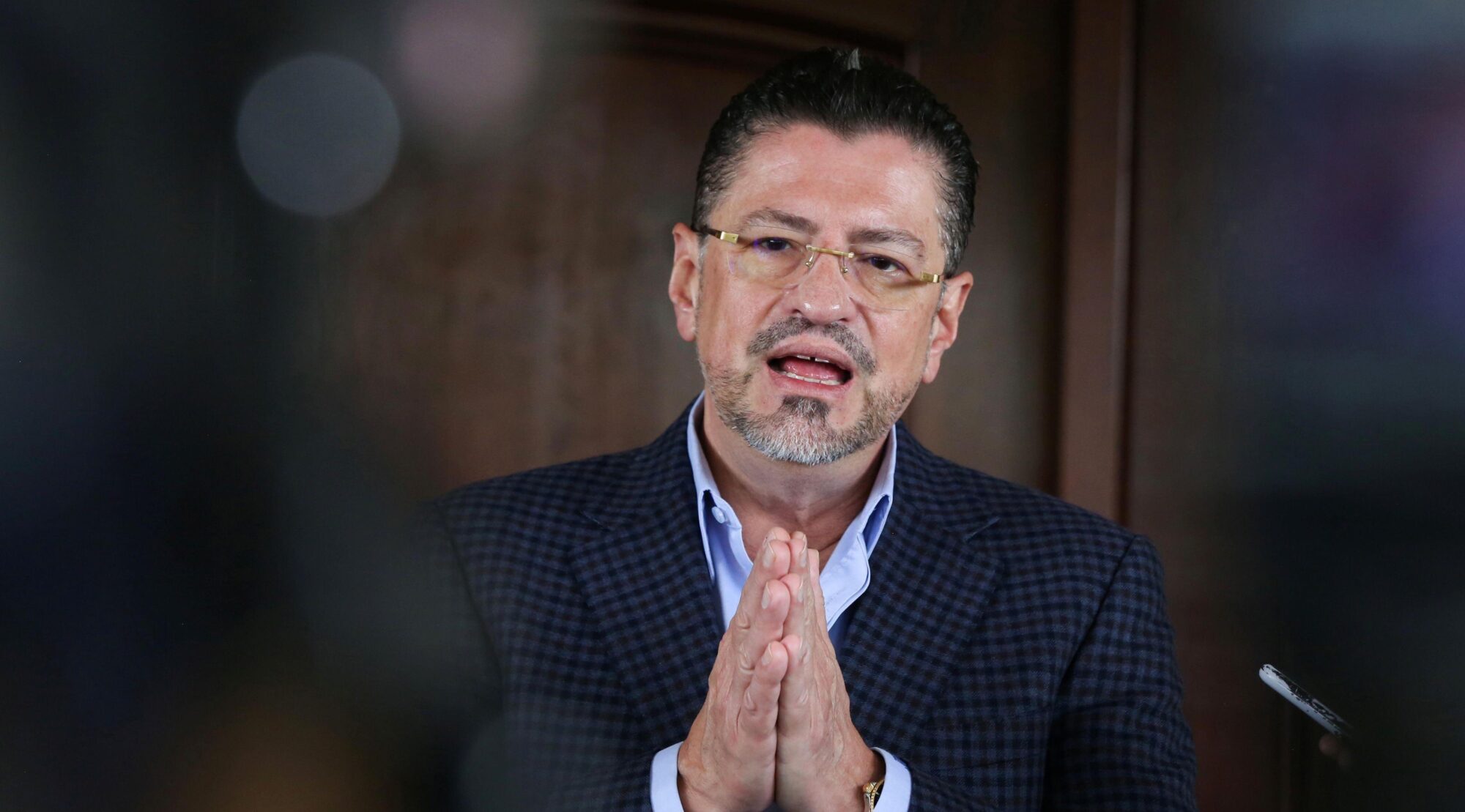
Costa Rica, a country internationally recognized for its democratic and political stability, is heading toward an unprecedented decision: whether to lift President Rodrigo Chaves’s immunity so he can face a criminal trial over alleged irregular management of funds from the Central American Bank for Economic Integration (CABEI).
On Wednesday, the Legislative Assembly formed a commission of three lawmakers to analyze the accusation against the president, which was forwarded earlier this month by the Supreme Court of Justice. The commission has 20 days, extendable for another 20, to issue a report so that the full Assembly can vote on whether to lift the president’s immunity.
Lifting the immunity would require 38 votes — two-thirds of the legislature — which is largely composed of opposition parties.
If immunity is removed, prosecutors would be able to continue their investigation and potentially question the president. If the motion fails, the case would return to the judiciary and remain pending until Chaves’s term ends in May 2026.
Since the country’s last civil war in 1948 and the abolition of the army later that year, Costa Rica has held uninterrupted elections, every president has completed their term without major issues, and none has ever had their immunity lifted — although several have faced judicial proceedings.
-
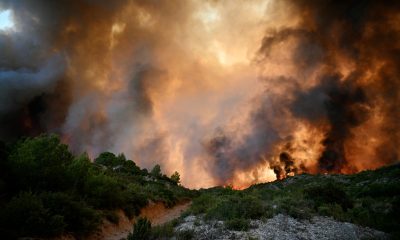
 International3 days ago
International3 days agoMassive wildfire in Southern France kills one, injures nine
-

 International3 days ago
International3 days agoFlorida officials warn against raw milk after dozens sickened
-
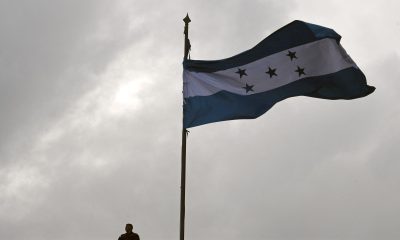
 Central America3 days ago
Central America3 days agoFour honduran presidential candidates sign anti-corruption pact ahead of 2025 elections
-
International5 days ago
Uribe requests freedom amid appeal of historic bribery conviction
-
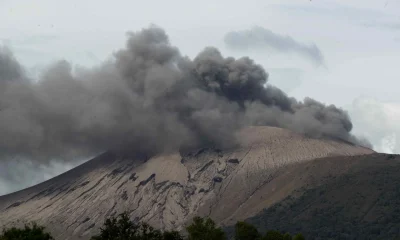
 Central America21 hours ago
Central America21 hours agoNicaragua’s Telica volcano erupts four times, no damages reported
-
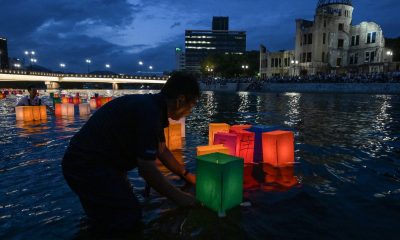
 International3 days ago
International3 days agoJapan marks 80 years since Hiroshima bombing with call for nuclear disarmament
-
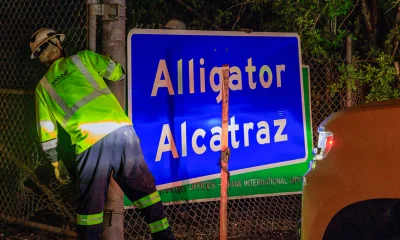
 International21 hours ago
International21 hours agoOver 240 guatemalans detained at Florida’s Alligator Alcatraz await deportation
-
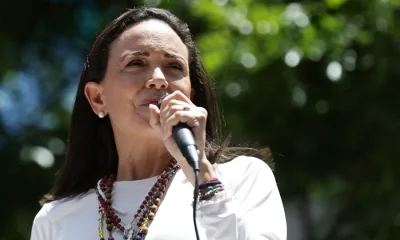
 International21 hours ago
International21 hours agoMaría Corina Machado thanks OAS allies for condemning Venezuela’s growing repression
-

 International21 hours ago
International21 hours agoColombian President Gustavo Petro announces talks with clan del Golfo outside country
-
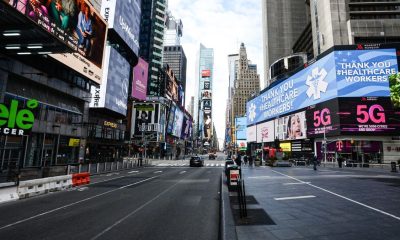
 International4 hours ago
International4 hours agoThree injured in early-morning New York City shooting
-
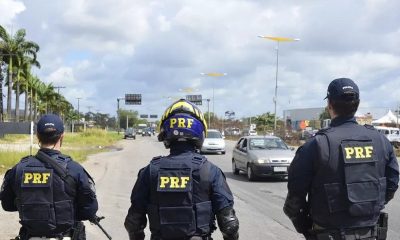
 International4 hours ago
International4 hours agoBrésil : 11 morts et 45 blessés dans un violent accident entre un bus et un camion
-
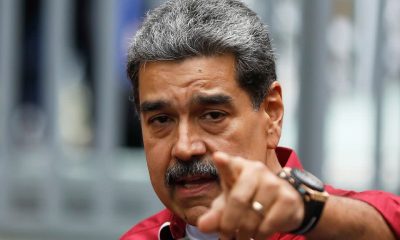
 International4 hours ago
International4 hours agoU.S. doubles bounty on Venezuela’s Nicolás Maduro to $50 million























